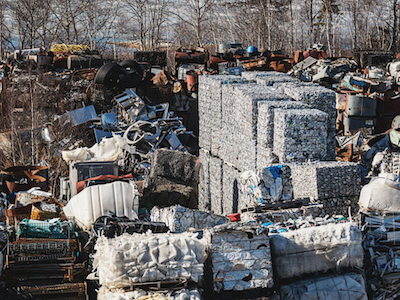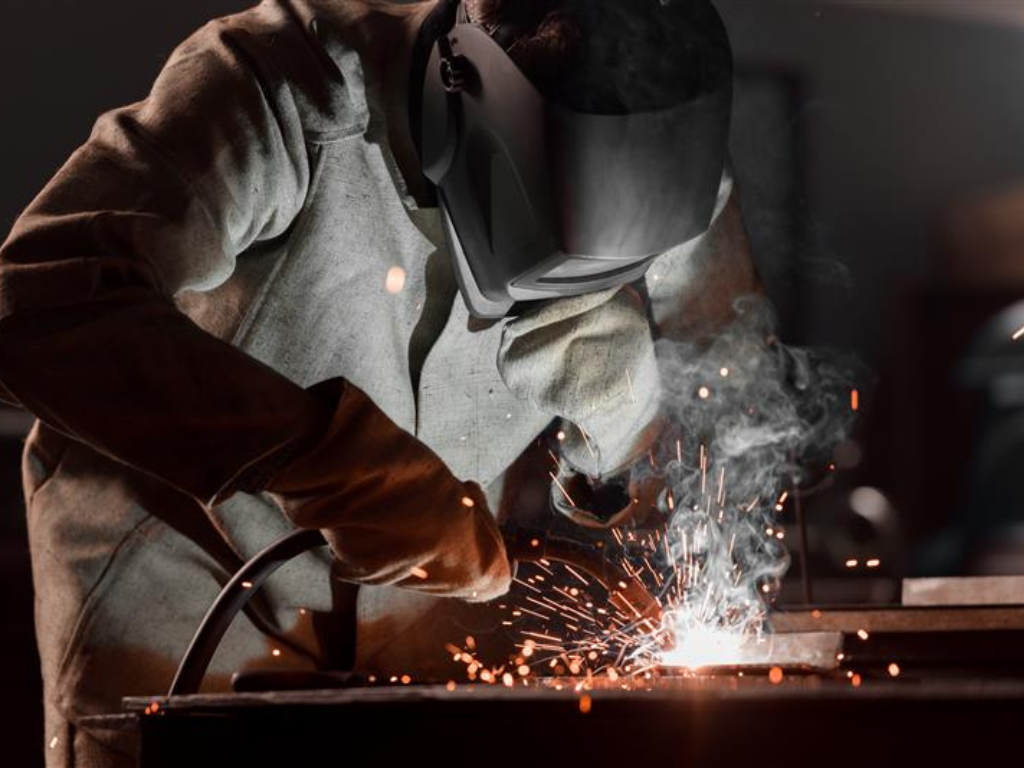Market

February 18, 2022
Raw Materials Prices: Iron Ore, Coking Coal, Pig Iron, Scrap, Zinc
Written by Brett Linton
Prices for five of the seven steelmaking raw materials tracked in this SMU analysis increased over the last 30 days, with only one product decreasing. Through Feb. 17, iron ore prices rose 18% from one month prior, aluminum prices increased 10%, coking coal prices rose 9%, zinc prices were up 3%, and pig iron prices rose 2%. In that same time frame, scrap prices were flat to down 2%.
Table 1 summarizes the price changes of the seven materials considered in this analysis. It reports the percentage change from one month prior, three months prior, and one year prior for each material.
Iron Ore
After rising to record levels last summer, the Chinese import price of 62% Fe content iron ore fines declined through November, reaching an 18-month low. Prices have since risen and continue to trek upward; Figure 1 shows the price of 62% Fe delivered North China at $147 per dry metric ton as of Feb. 16. Iron ore prices have increased 18% in the last 30 days, up 62% compared to three months ago, but down 12% from the price this time last year. A Feb. 16 article from CRU provides some backstory: “Higher hot metal production and pre-CNY restocking continued to support the iron ore price since mid-January, but the increase during and after CNY exceeded the justifiable level by supply-demand changes. The rapid and substantial increase was associated with speculative trading. This led to the Chinese government launching a probe into iron ore pricing, following which iron ore prices started to tumble.”
Coking Coal
The price of premium hard coking coal FOB east coast of Australia was $439/dmt as of Feb. 16, with the week prior having reached a new record high of $445 (Figure 2). A recent CRU report notes coking coal prices are increasing due to persistently tight supply from major supply basins. Prices have increased 9% in the last 30 days, up 13% compared to three months prior, and up 203% from prices one year ago. Prior to 2021, the record high for coking coal prices was $400 per ton in July 2008.
Pig Iron
Most of the pig iron imported to the U.S. currently comes from Russia, Ukraine and Brazil. This report summarizes prices out of Brazil and averages the FOB value from the north and south ports. Pig iron prices have remained relatively stable since September 2021, up $10 month-over-month to $515 per metric ton in February. Although down compared to last summer, pig iron prices have remained historically high for over a year. Recall that pig iron prices had reached a multi-year low of $275 per metric ton in May 2020 (Figure 3).
Scrap
Hot rolled steel prices fluctuate up and down with the price the mills must pay for their raw materials. Changes in the relationship between scrap and iron ore prices offer insights into the competitiveness of integrated mills, whose primary feedstock is iron ore, versus the minimills, whose primary feedstock is scrap. Figure 4 shows the spread between shredded and busheling scrap, priced in dollars per gross ton in the Great Lakes region.
Scrap prices were relatively flat from January to February, remaining in line with levels seen in the last few months. February shredded scrap prices were unchanged at $475 per gross ton, still near the 15-year high seen in December. Busheling scrap prices declined 2% in February to $530 per gross ton (recall the record high of $670 seen back in July/August). Prior to 2021, the previous record for scrap prices over the last decade was $510 per ton for busheling in December 2011 and $473 per ton for shredded in February 2012.
Figure 5 shows the prices of mill raw materials over the past four years. Iron ore prices are down 33% from the May 2021 peak of $221 per dry metric ton, while shredded scrap prices remain elevated.
To compare the two, Steel Market Update divides the shredded scrap price by the iron ore price to calculate a ratio (Figure 6). A high ratio favors the integrated/BF producers, a lower ratio favors the minimill/EAF producers. At the current 3.22 ratio shown below, the cost advantage held by integrated producers was short-lived, having just surpassed the black four-year average ratio line in late-August 2021. Three months ago, we saw a ratio of 5.84, the highest seen since mid-2018. The scrap to iron ore ratio reached a record low of 1.86 in August 2020 (within SMU’s limited 12-year data history).
Figure 7 shows how the price of hot rolled steel generally tracks with the price of busheling scrap. Bush declined $10 per gross ton over the past month, down $140 from the July/August peak, but up $20 from one year ago. The SMU hot rolled price average declined last week for the 19th consecutive week, with the Feb. 15 average down $110 week over week to $1,080 per ton. This is down $345 from the prior month, down $875 from the early-September peak, and down $120 from one year ago.
Zinc and Aluminum
Zinc, used to make galvanized and other products, continues to increase in price. The LME cash price was $1.66 per pound as of Feb. 17, up 14% from three months prior and up 31% from the same time last year (Figure 8). The LME cash price for zinc reached a multi-year high of $1.74 per pound in October.
Aluminum prices, which factor into the price of Galvalume, have been trending upwards since May 2020. Aluminum prices reached a record high of $1.50 per pound as of Feb. 16, now the highest daily price seen in our 10-year history (note that aluminum spot prices often have large swings and return to typical levels within a few days, as seen in the graphic below; we do not consider those surges in our overall high/low comparisons). The latest LME cash price of aluminum is $1.49 per pound as of Feb. 17, up 25% compared to three months ago and up 56% from one year prior.
By Brett Linton, Brett@SteelMarketUpdate.com
The post Raw Materials Prices: Iron Ore, Coking Coal, Pig Iron, Scrap, Zinc appeared first on Steel Market Update.






